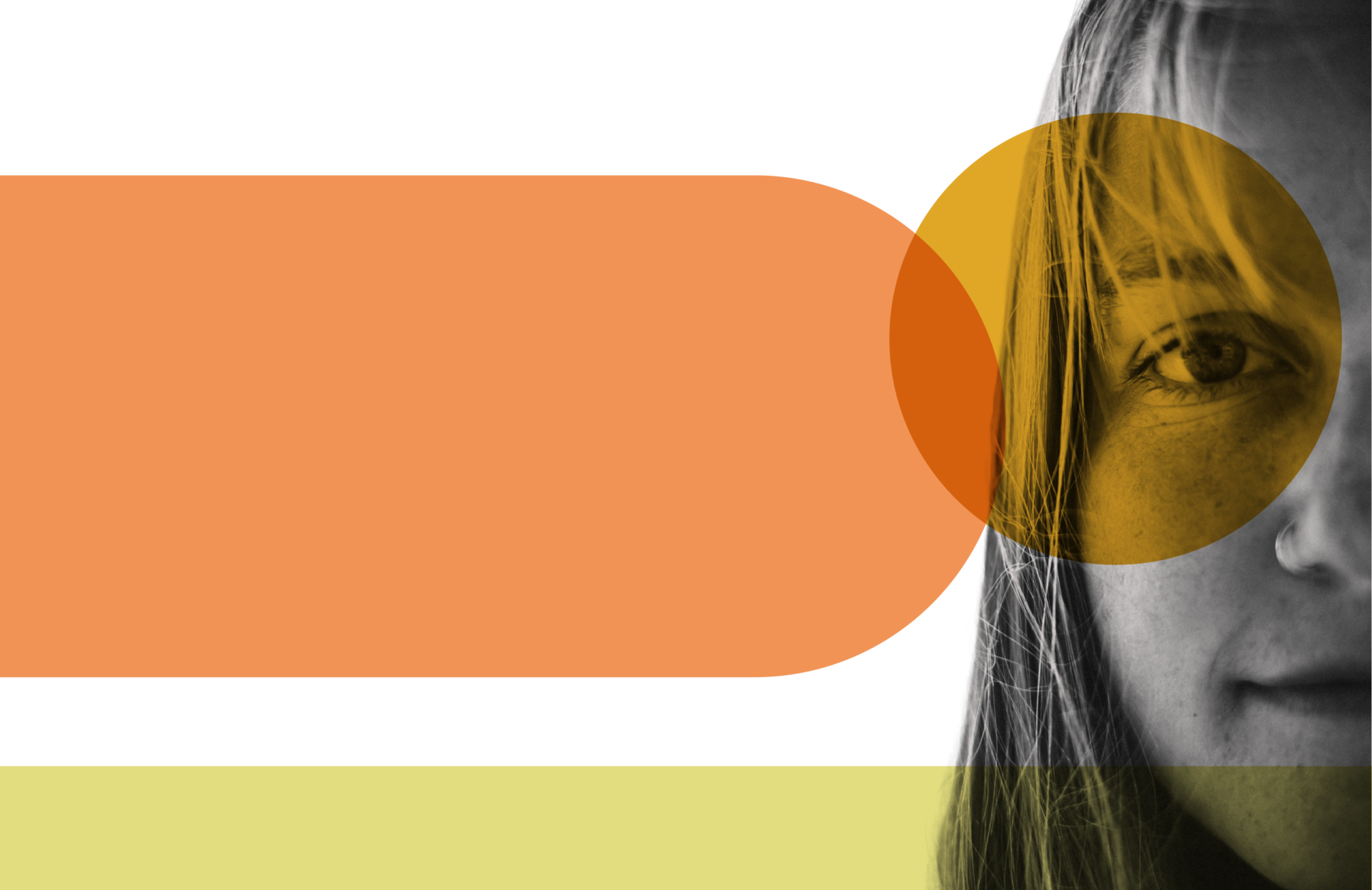Obsessive compulsive disorder (OCD) features pattern of unwanted thoughts and fears (obsessions) and leave you to do repetitive behaviours (compulsions)
These obsessions and compulsions interfere with daily activities and cause significant distress.
You may try to ignore the obsessions, but that only increases your distress and anxiety. Ultimately, you feel driven to perform compulsive acts to try and ease your stress. Despite efforts to ignore or get rid of bothersome thoughts or urges, they keep coming back. This leads to more ritualistic behaviour–the vicious cycle of OCD.
Understanding OCD

OCD often centres around certain themes–for example, an excessive fear of getting contaminated by germs
To ease your contamination fears, you may compulsively wash your hands until they are sore and chapped.
Examples of obsession signs and symptoms include: A fear of being contaminated by touching objects; doubts that you have locked the door or turned off the stove; intense stress if objects are not orderly or facing a certain way; images of driving your car into a crowd of people; unpleasant sexual images; talks about shouting obscenities or acting inappropriately in public.


Examples of compulsion signs and symptoms include:
Hand washing until your skin becomes raw; checking doors repeatedly to make sure they are locked; checking the stove repeatedly to make sure it is off; counting in certain patterns; arranging your canned goods to face the same way or silently repeating a word or phrase.
The mainstay of treatment for OCD includes psycho therapeutic interventions like exposure response prevention and medication management using SSRIs.
Our Psychiatrists are committed to providing comprehensive assessments to correctly identify OCD symptoms and ensure that you receive an accurate diagnosis.
Book online for a fast, affordable and convenient online OCD assessment or call Fluence Clinic directly on
0457 243 459

Understanding OCD
Obsessive compulsive disorder (OCD) features pattern of unwanted thoughts and fears (obsessions) and leave you to do repetitive behaviours (compulsions)
These obsessions and compulsions interfere with daily activities and cause significant distress.
You may try to ignore the obsessions, but that only increases your distress and anxiety. Ultimately, you feel driven to perform compulsive acts to try and ease your stress. Despite efforts to ignore or get rid of bothersome thoughts or urges, they keep coming back. This leads to more ritualistic behaviour–the vicious cycle of OCD.
OCD often centres around certain themes–for example, an excessive fear of getting contaminated by germs
To ease your contamination fears, you may compulsively wash your hands until they are sore and chapped.
Examples of obsession signs and symptoms include: A fear of being contaminated by touching objects; doubts that you have locked the door or turned off the stove; intense stress if objects are not orderly or facing a certain way; images of driving your car into a crowd of people; unpleasant sexual images; talks about shouting obscenities or acting inappropriately in public.
Examples of compulsion signs and symptoms include:
Hand washing until your skin becomes raw; checking doors repeatedly to make sure they are locked; checking the stove repeatedly to make sure it is off; counting in certain patterns; arranging your canned goods to face the same way or silently repeating a word or phrase.
The mainstay of treatment for OCD includes psycho therapeutic interventions like exposure response prevention and medication management using SSRIs.
Our Psychiatrists are committed to providing comprehensive assessments to correctly identify OCD symptoms and ensure that you receive an accurate diagnosis.
Book online for a fast, affordable and convenient online OCD assessment or call Fluence Clinic directly on
0457 243 459

